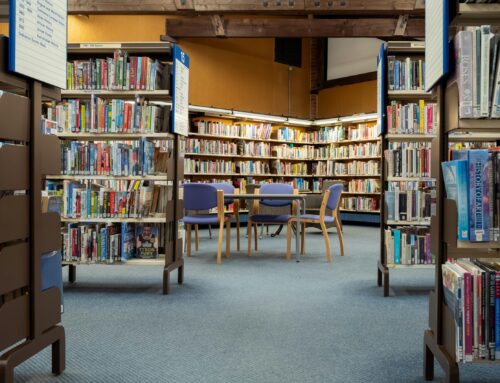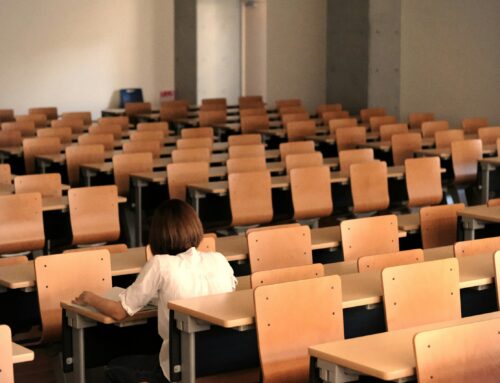 A recent phenomenon known as the “Glee Effect” is taking this country’s school music programs by storm. Show choirs—song-and-dance troupes that saw their beginnings in the Midwest years ago—are quickly becoming the new groups in schools that everyone (or almost everyone) wants to join. These music groups have been gaining in popularity at many high schools across the country as a result of the popular FOX TV show “Glee,” now in its third season. This revitalized interest in musical groups comes at a time when most school administrators are trying to find programs to cut rather than finding new programs to support.
A recent phenomenon known as the “Glee Effect” is taking this country’s school music programs by storm. Show choirs—song-and-dance troupes that saw their beginnings in the Midwest years ago—are quickly becoming the new groups in schools that everyone (or almost everyone) wants to join. These music groups have been gaining in popularity at many high schools across the country as a result of the popular FOX TV show “Glee,” now in its third season. This revitalized interest in musical groups comes at a time when most school administrators are trying to find programs to cut rather than finding new programs to support.
Before the show aired it was estimated that there were about 200 high schools with show choirs, and as any high school student could tell you, students who participated in the groups were considered “nerds.” Recent estimates put the number of schools with show choirs at 600 and climbing. Christopher Landis, a director of the show choir at Waltham High School in Massachusetts, says he had a record number of freshmen students trying out for his show choir groups at last year’s auditions. Landis credits the “Glee” television show in helping to discourage the negative stereotypes that typically followed students who participate in bands and choirs.
While we can all agree on the show choir’s recent growth in popularity, is there evidence that school music programs are an essential part of a child’s education? The evidence may be anecdotal, but it’s strong nonetheless. Even before the popularity of “Glee” was being felt in school music programs, school administrators claimed that music programs improved the academic success of students. A study in 2006 conducted by Harris Interactive revealed that 96% of public school principals polled believed that students who participated in school music programs were motivated to stay in school longer, and 89% of the principals polled were in agreement that the programs led to higher graduation rates.
A recent report from the National Association for Music Education showed that participation in music programs has been shown to have a strong, positive correlation to higher academic achievement. The schools with active music programs experience higher graduation rates and standardized test scores.
Is this enough evidence to convince school administrators (and local taxpayers) to keep and support their music programs, or even start NEW programs? Perhaps. We’ll need to watch and see if the “Glee Effect” is as strong and positive as the performers on the TV show.




